RSS
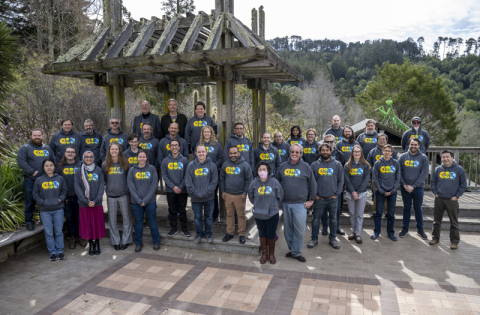

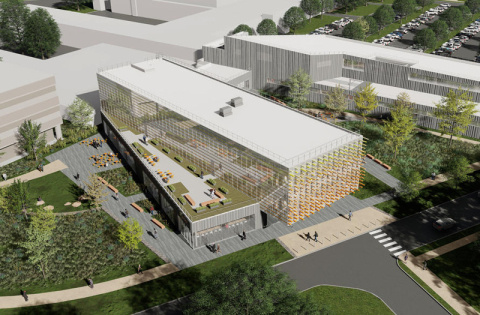
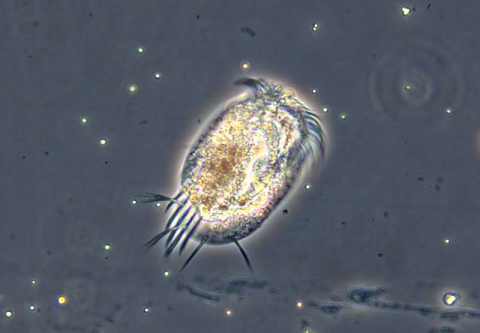
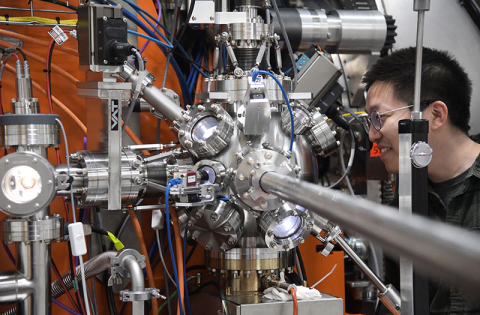
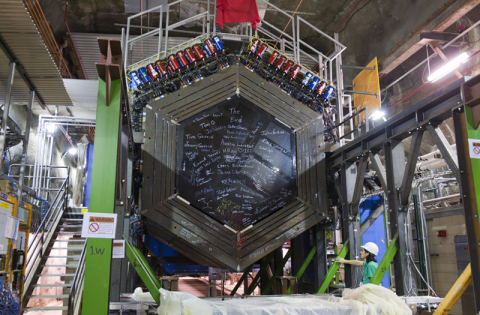
Program Trains Future Leaders in High Performance Computing

KBase enables researchers to explore complex genomic and other biological data quickly and efficiently.

Sigrid Elschot studies the effects of fast-moving meteoroids and small space debris that vaporize, ionize themselves, and produce plasma upon impact.

The lab broke ground on a new center that will provide space for an expanding research mission.

Duke University scientists constructed a microbial food web to investigate how climate change and excess nutrients could affect the organisms in it.
Selections Span Research Areas of Advanced Isotope Enrichment, Novel Accelerator Design and Targetry, and Radiochemistry and Separations

Using the NSLS-II, researchers explored what makes high-temperature superconducting materials different from conventional ones.
Exascale Supercomputers are Diversifying the World’s Most Powerful Platforms for AI-Enabled Science

Scientists in the MINERvA collaboration developed a way to measure the proton using neutrinos.
Research will Focus on Microelectronics for Energy Efficiency and Extreme Environments

